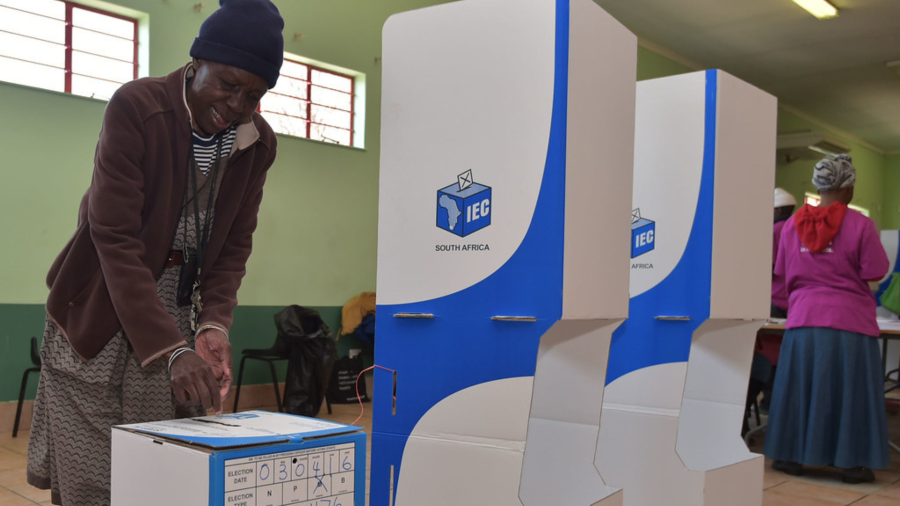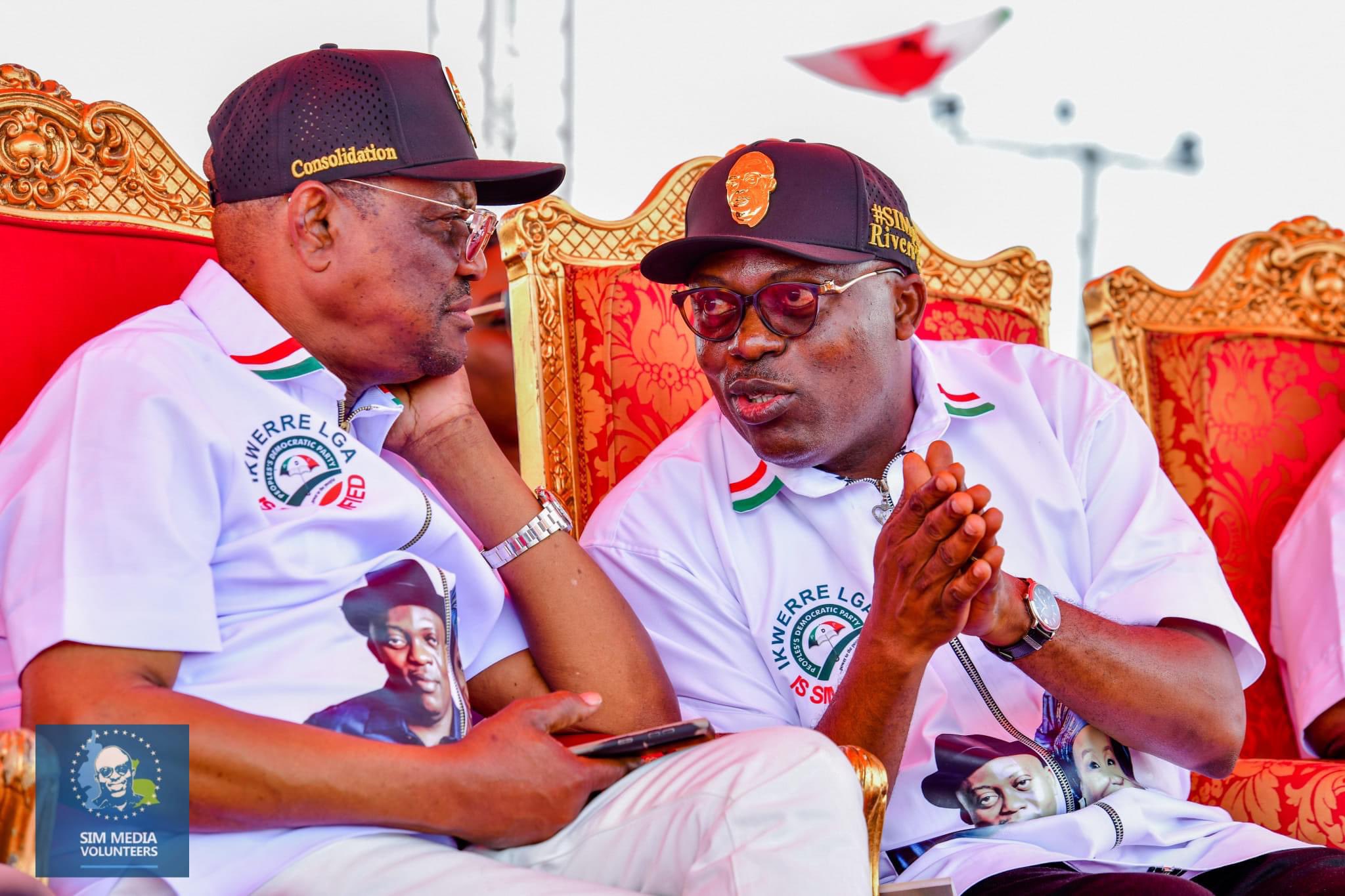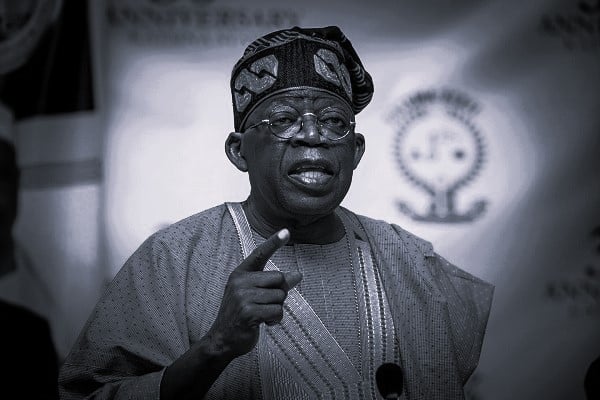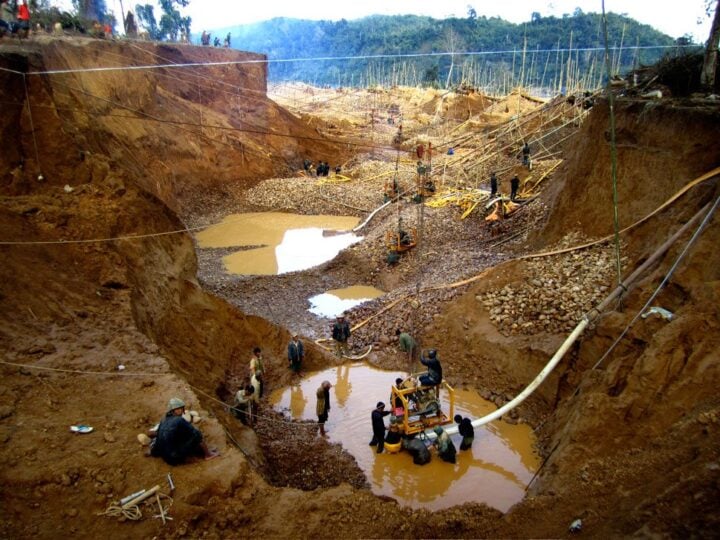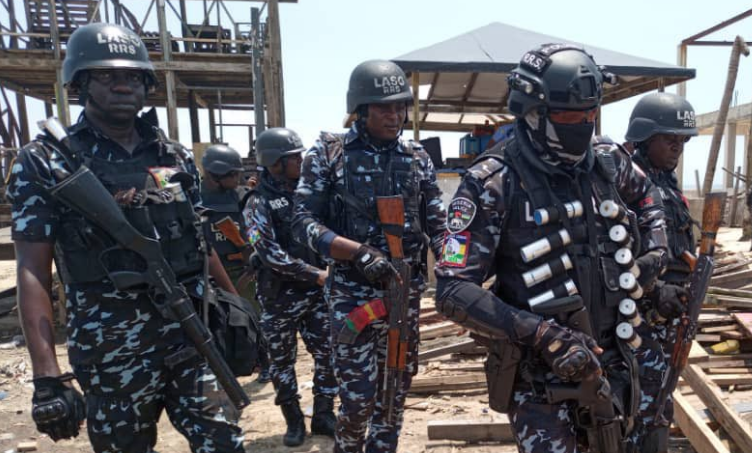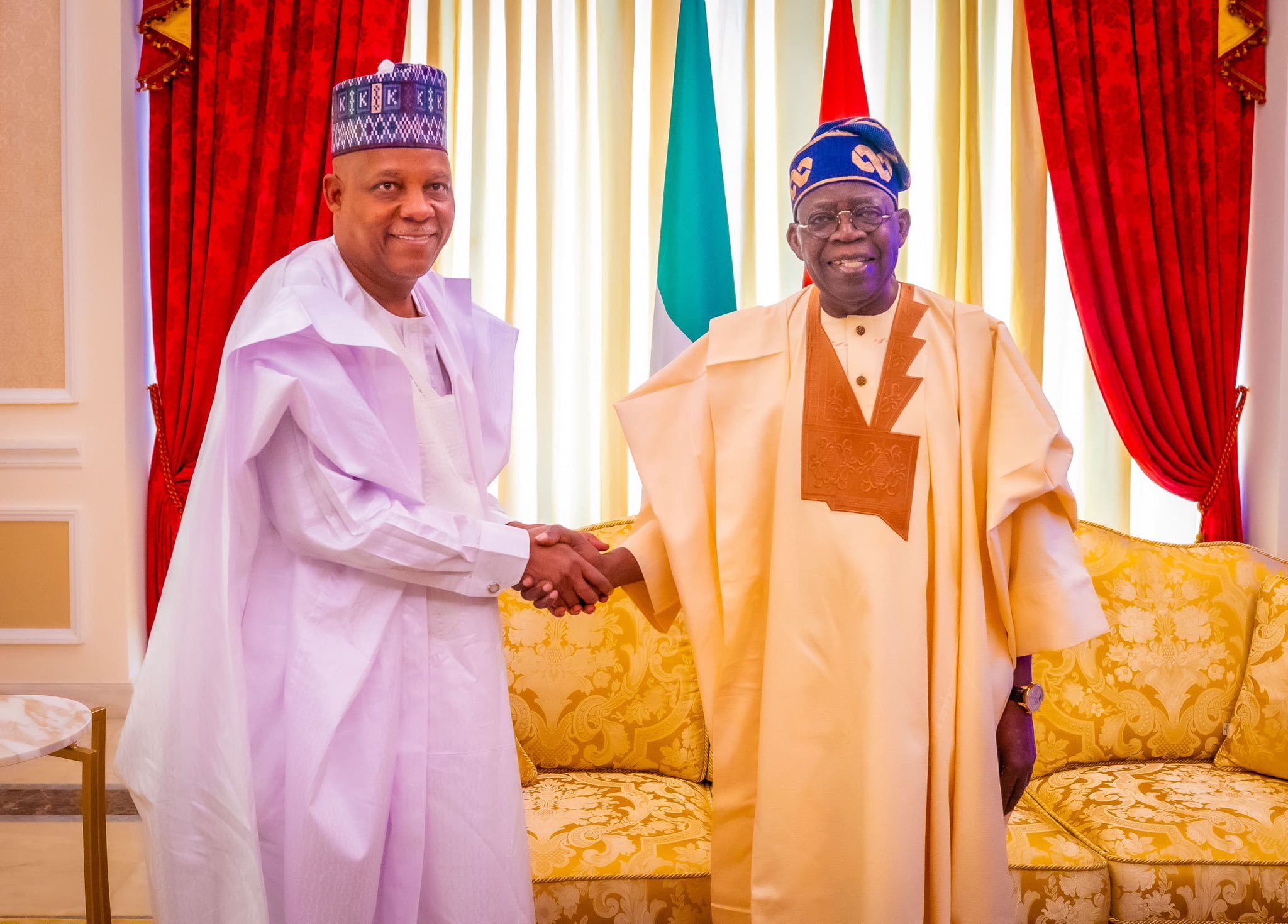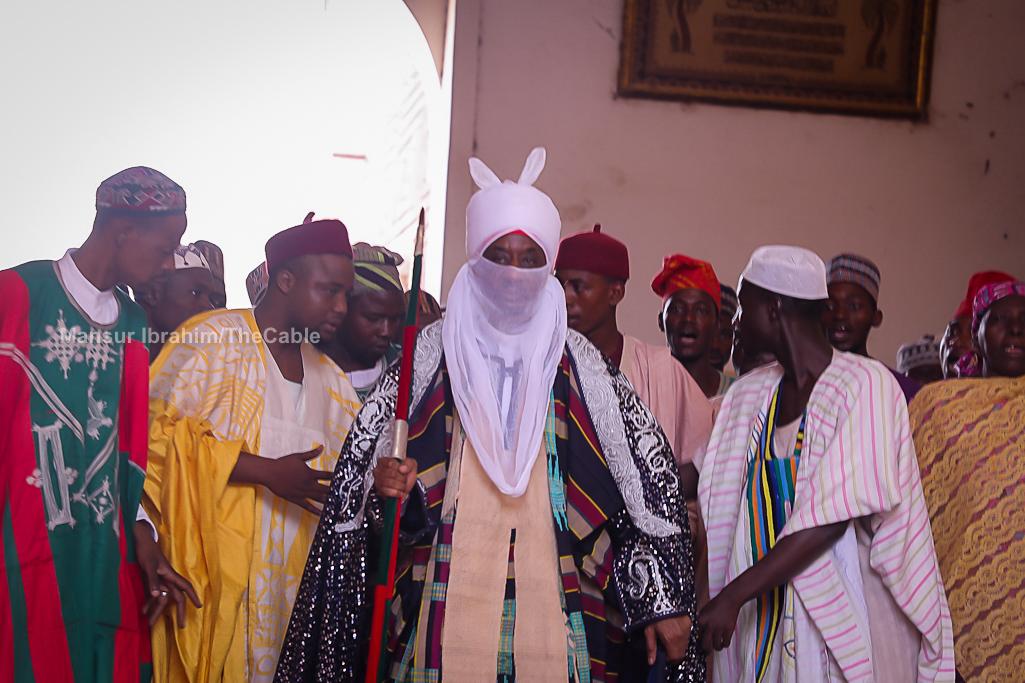South Africans will be going to the polls on May 29 in the seventh general election since the end of Apartheid in 1994. Interestingly, 2024 is a symbolic year as South Africans and many countries in Africa who supported the fight against apartheid celebrate 30 years of freedom. As a kid, I remember feeling a sense of pride in the election of Nelson Mandela while listening to my parents talk about South Africa.
He was my first memory of a love for a president. It did not help that back home in Nigeria, we were at the time battling with a military dictatorship. Just a year before that in 1993, Nigerians were promised an election and a transition to democracy which was later brutally denied the people. I obviously could not relate with a military head of state and it made sense to connect with Nelson Mandela as my president.
The freedom celebrated in South Africa in 1994 vibrated across Africa and it inspired a new form of hope in the power of a people-driven struggle for freedom. It was our democracy where black South Africans celebrated the freedom to vote and to live free from the oppression of the apartheid regime.
Thirty years later, it is time again for the people to vote. South Africa has a parliamentary system of government. According to the electoral commission, 70 political parties and 11 independent candidates will be contesting in this election. With an amendment to the Electoral Act in 2023 in line with the judgment of the constitutional court, independent candidates will be contesting for the first time in the elections.
Advertisement
The independent candidates are accommodated within the compensatory proportional representation system. About 27, 782, 477 certified voters are expected to vote in the 2024 national and provisional elections. South Africa allows for special voting, and two days before the election day are allocated for voters who cannot get to their voting stations on election day and who had already applied to the electoral commission to vote.
With 55.23% of the voters women and about 44% between 18 and 39 years old, it can be said to be an election that ought to be defined by young people and women. Interestingly, the electoral commission recorded a 226% increase in the number of certified voters between the ages of 18 and 19 years when compared to the September 2021 voter roll.
Going by the data on young voters, there is an indication that a large percentage are those born post-apartheid and within that number are the Gen Z voters. This is particularly important in a country with an impressive culture of vibrant civic activism amongst the youth population. But can this election become a rallying point for young South Africans to convert their civic activism and number to political power in a bid to influence the elections?
Advertisement
Elections are usually moments of citizens mobilisation around issues that affect them. It is the simplest feature of a democracy where the people freely choose their leaders. For all its supposed beauty, what happens when there is a growing distrust in the ability of democracy to deliver its dividends? Or where there is a lack of youth enthusiasm to vote in an election? Arriving in South Africa as part of the Yiaga Africa election study mission, I have had to reflect more on these questions and on what freedom means to the young people of South Africa.
In addition, have elections become a ritual that serves the optics of the “presence of democracy” without a real connection to the needs of the people? Are our political leaders truly listening to the voices from the streets and homes where young people are looking for more than just mere rhetorics in political campaigns? Are we losing our youth to despondency and distrust in democracy without stepping back to reflect on how we got here?
These are questions that seek answers because the more I interact, the clearer it is, that there is growing disinterest in elections and democracy, especially amongst the younger population. There lies a major challenge for democracy.
In South Africa in 2024, freedom means a lot more to the people than just the ability to vote in an election. Freedom is the ability to celebrate a democracy where social inequality is an exception and not the general rule, where economic empowerment is not restricted to a select few and development is inclusive regardless of sex, race and class. Freedom for the youth is the ability to thrive in an economy that is truly supportive of their dreams.
Advertisement
It is about having a voice that influences policies and having leaders who are honest in their practices and their abilities. For women, it is also about true representation and freedom from violence. This sense of freedom defines the perception of democracy and as long as a majority of the people do not feel this freedom, the enthusiasm to engage the ballot will continue to dwindle. Then the big question; do political parties and candidates care enough about the desire for freedom by the people?
For the most part, the culture of disconnected politics is beginning to take centre stage in the politics in South Africa and most countries in Africa. Increasingly, we have political parties and candidates that are more interested in political power than in making concrete and sustainable change. Elections are now becoming a contest for power rather than a contest to lead. If leadership is about responsibility, can we have political parties and candidates willing to take on the responsibility of leading the people to inclusive prosperity? This is the least the people desire.
Elections are defining moments for every democracy. In 2024, there is a lot of hope for the voters in South Africa who understand the importance of this moment to turn out in their numbers to vote. I may not have the answers, however, three decades of freedom can begin the journey to expanding freedom that inspires hope in democracy.
Every seat contested in this national and provincial election is important because elected officials on those seats will represent the diverse voices and needs of the people. In 1994, 86.87% of the 22, 709, 152 voters turned out to vote in South Africa. Thirty years later, what will be the turnout story for South Africa? Elections are determined by voters who turn out to vote and Democracy wins when the people actively participate.
Advertisement
Cynthia Mbamalu is an election expert and an enthusiast for inclusive democracy. She is the director of programmes, Yiaga Africa and part of the Yiaga Africa Election Study Mission to South Africa 2024.
Advertisement
Views expressed by contributors are strictly personal and not of TheCable.
Add a comment

